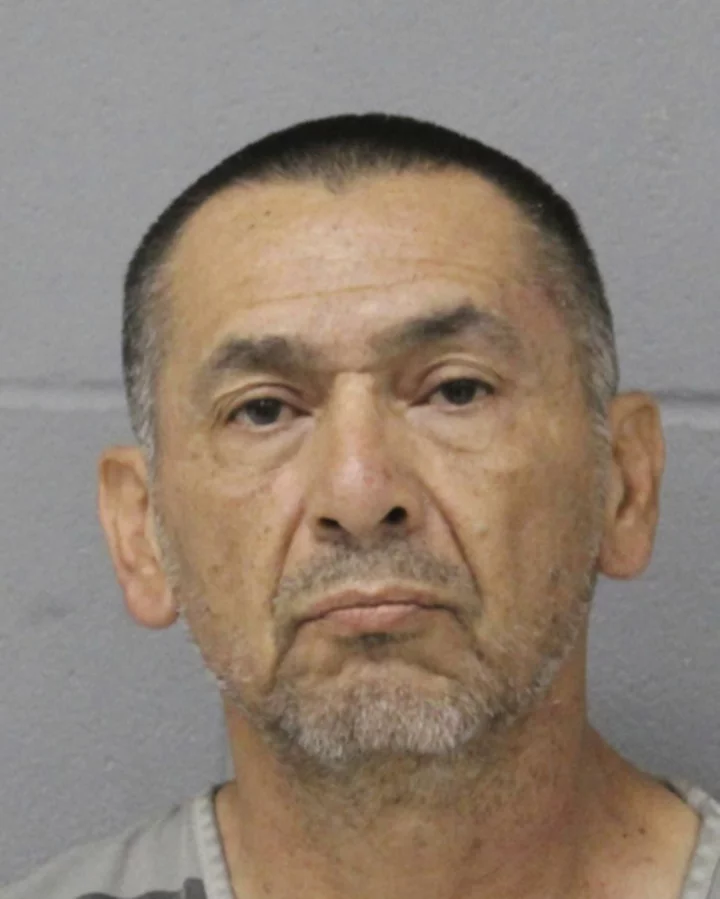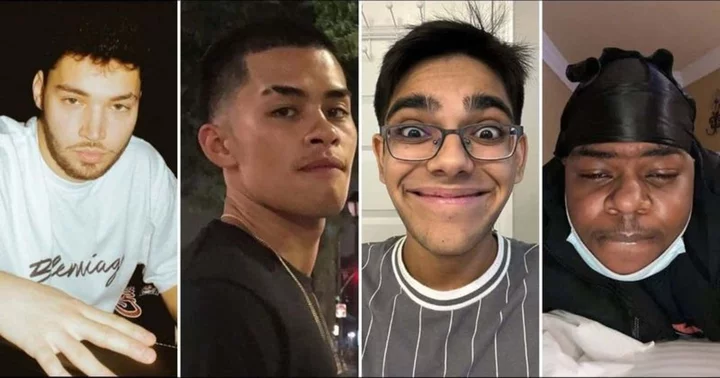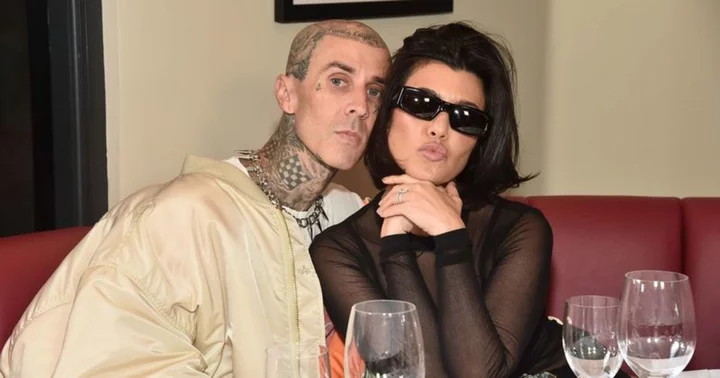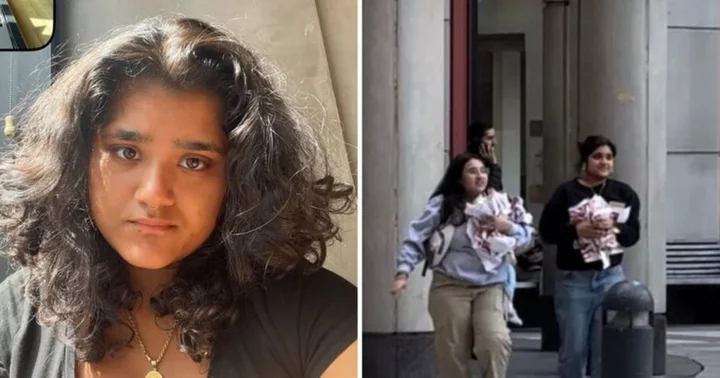AUSTIN, Texas (AP) — When Raul Meza Jr. walked out of a Texas prison in 1993 after serving about a decade for killing an 8-year-old girl, outrage followed him everywhere.
Picketers drove him out of a half-dozen communities — from El Paso, where someone threatened to set fire to his home, to his family's house in Austin and the small towns of Sweetwater and Mineral Wells. Sometimes Meza barely had time to unpack before residents chased him away.
“In my heart, I know that I will not willfully bring harm to anyone,″ Meza pleaded to the public in August 1993 after being driven out of six cities.
But 30 years later, Meza is now back in jail, charged with murder this week in the deaths of his roommate in May and a woman in 2019. Both killings happened in Austin, where investigators say they are now looking into as many as 10 other unsolved cases to which Meza might be connected.
The reemergence of Meza as a murder suspect has revived old feelings of anger in Austin, decades after the fury that followed his early release from prison. Court records show that investigators obtained DNA evidence in 2020 linking Meza and Gloria Lofton, the woman he is accused of killing, but it is unclear what police did with that information at the time.
“That Meza could be allowed to walk the streets .... dear God, there’s no excuse for that,” said Joe James Sawyer, a prominent criminal defense attorney in Austin since the late 1980s. "It’s a story of sheer ineptitude and incompetence.”
In a statement Friday, Austin police said Chief Joseph Chacon had opened an administrative review “regarding potential investigative lapses" regarding the cases involving Meza, now 62. It did not comment further.
Police said they found Meza with a gun, zip ties, duct tape and a flashlight. According to court records, Meza made a call to the Austin Police Department on May 24 in which he confessed to one murder and implicated himself in another. He was transferred to a detective after first dialing the city's help line that is used to schedule trash pickups and report broken traffic lights.
“My name is Raul Meza,” the caller said. “I think you are looking for me.”
Russell Hunt, Meza’s attorney, told The Associated Press this week that he had just received the case and declined further comment.
Meza was convicted in the 1982 murder of 8-year-old Kendra Page, who authorities said had been strangled and sexually assaulted. He accepted a plea agreement in which he admitted to the murder and was sentenced to 30 years in prison, but only served 11 years after receiving credit for good time.
His early release in Texas caused an uproar, and after leaving prison, Meza was met by protesters at nearly every turn.
“I kept writing letters to the (parole) board, ‘Don’t let this guy out, don’t let let this guy out,'" said Gonzalo Barrientos, a former Democratic state lawmaker from Austin who was in office when Page was killed. "And then they let him out.”
Shortly after his release in 1993, Meza was arrested over a disturbance at his grandparents' home in Uvalde, where he wound up after protesters drove him out of other Texas cities. The state parole board at the time ruled that the arrest did not violate the conditions of his release.
Booted from one town to the next, Meza at one point held a news conference in which he asked the public for forgiveness. He said he was not a threat to society, had become a born-again Christian in prison and had hoped to settle down in Austin.
Meza's release had stirred statewide outrage, Sawyer said. “People were terrified that this guy was a public menace," he said.
Eight to ten cold cases going back to 1996 are being investigated as possibly connected to Meza, and the number could rise, Austin police Detective Katie Conner said this week. She said there appeared to be no immediate connections between the victims and that the cases “fit the circumstances” that they were looking at, but did not elaborate further.
Shawn Page, Kendra's sister, told Austin television station KVUE that her family spent years trying to stop Meza from being released but said no one listened.
“I'm begging you, do not let Raul Meza out of jail,” she said. “Do not let him free.”
___
Associated Press reporter Acacia Coronado contributed to this report.









